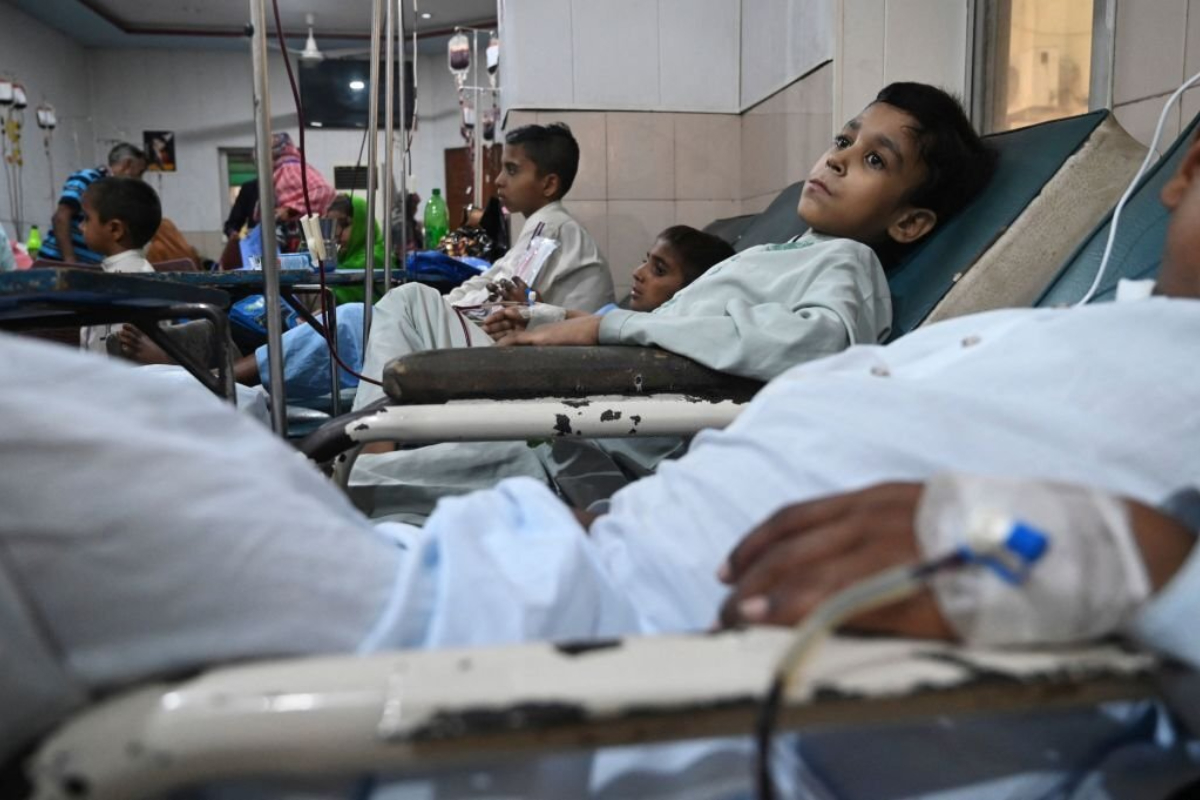Medical experts have expressed alarm over the rising disease rates in Pakistan, warning that healthcare facilities are nearing their capacity and the increasing burden on the system is straining the country’s economy.
They stressed that the government must promote public awareness on disease prevention and control, as it is the only feasible solution in the current situation.
At the opening session of the 27th biennial convention of the Pakistan Islamic Medical Association, several experts underscored the urgent need for legislation regulating the relationships between pharmaceutical companies and physicians, as the financial strain is ultimately borne by the public.
US-based Pakistani neurologist Professor Tipu Siddiq pointed out that the growing disease burden in Pakistan is overwhelming national resources, making it impossible to treat everyone. He added that neither government nor private healthcare providers can afford the rising costs, and the public is also unable to bear this burden.
Tipu Siddiq emphasized the need for public education on disease prevention, advocating for dietary improvements and regular exercise.
Former Health Minister Dr. Zafar Mirza highlighted that Pakistan spends less than 1% of its GDP on healthcare, signaling that the sector has never been a governmental priority. He recommended increasing the budget to 5%.
Dr. Asim Rauf from the Drug Regulatory Authority drew attention to the high cost of medications due to unethical pharma-physician relationships and called for stricter regulations on pharmaceutical marketing.
PharmEvo MD Haroon Qasim praised the discussions at the convention and stressed the importance of ongoing dialogue between regulatory authorities to ensure the supply of quality medicines.
Dr. Tariq Rafi emphasized the urgent need to update the medical education curriculum, aiming to produce not only skilled doctors but also compassionate human beings.
He proposed integrating bioethics and literature into the curriculum to foster empathy and understanding in future medical professionals.



















